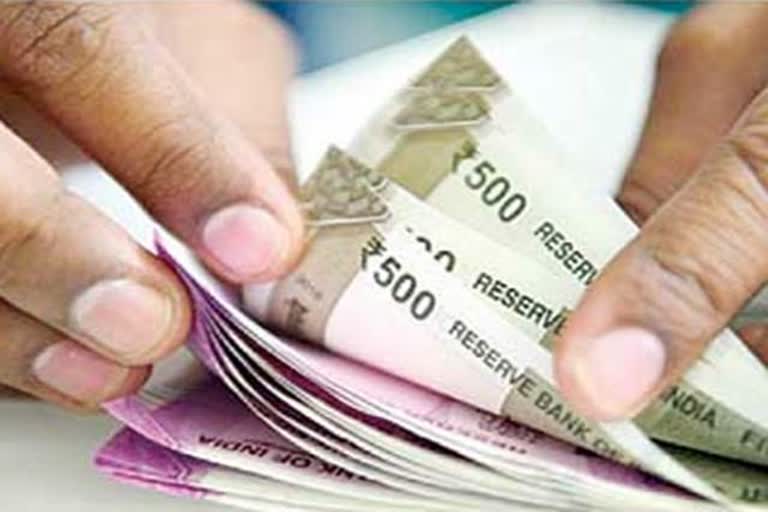Mumbai: At present, an employee has to contribute 12% of their basic salary for PF corpus. A similar amount is directed by the employer towards employee’s retirement fund. Remember that subscribing to PF scheme is compulsory for individuals whose basic salary is up to Rs 15,000. Those earning more than that have an option of staying out of it. Some employers club dearness allowance with basic salary for calculating PF contributions.
The directive from country’s top-most court will have a bearing on individual’s personal finances. Besides, employers or companies will also take a ‘financial’ hit. They may have to cough up that ‘extra money’ for making contribution towards employees’ provident fund (PF) kitty.
PF contribution to go up
Harshvardhan Roongta, CFP, Roongta Securities, says the SC ruling is a mix bag of both boon as well as bane for the salaried person. “The retirement savings for individual will surely go up as the provident fund contributions from employee and the employer will go up. At the same time, every month the salaried person will end up with less money in their hands due to increased PF contributions,” he said. Consequently, the monthly investments and savings of these individuals will also come down, he added.

When you can add special allowance to basic salary?
According to Archit Gupta, Founder and CEO, ClearTax, the special allowance have to be added to basic salary for calculation of PF only when a special allowance is paid to all employees and is not linked to any specific performance.
Read more:E-commerce to create job opportunities in India: Amitabh Kant
“Those who are earning a basic salary of less than Rs 15,000 and an allowance as mentioned above, which may be now included in basic salary due to the Supreme Court ruling, will see a higher contribution (both employer and employee contribution) made to their EPF and may see a lower take home pay, assuming other factors remaining the same,” he said.
How your take home salary will come down?
To understand this fully, you first need to analyse each and every component of your salary. Consider this. For instance, if your monthly basic salary is Rs 9,000, your company contributes Rs 1,080 for your PF kitty and you must also contribute similar amount. In this case, your total monthly PF deduction stands at Rs 2,160.

Now factor in special allowance which is say Rs 5,000. So, after the SC ruling, your employee will add special allowance to your basic salary for PF calculation. Now your employer PF contribution will be Rs 1,680, which is 12% of Rs 14,000 (Rs 9,000 + Rs 5,000). With the inclusion of your PF contribution, the total PF contribution will be Rs 3,360, which means more money for your retirement kitty. However, your take-home salary will come down.




